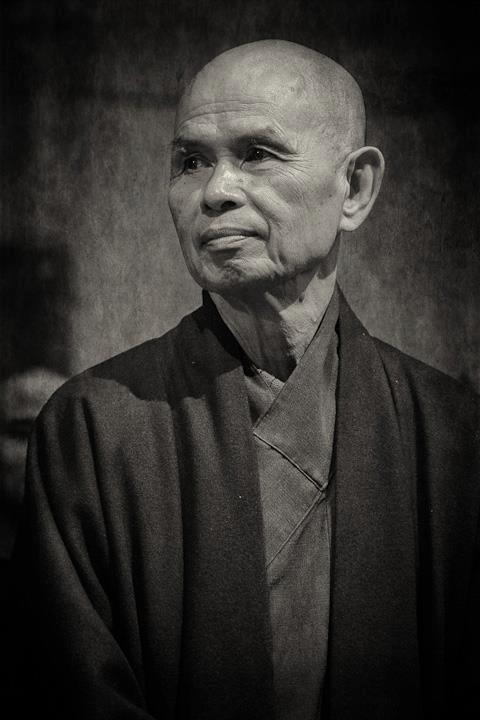
2008
First Published
4.16
Average Rating
146
Number of Pages
In this provocative book, noted Buddhist teacher Thich Nhat Hanh offers a dramatic vision of the future of a planet overheated by rapidly disappearing fossil fuels, degraded by massive overconsumption, and besieged by unsupportable population growth. Hanh finds answers to these critical problems in the Buddhist teaching of the impermanence of all things. He demonstrates how this teaching can offer inner peace and help us use our collective wisdom and technology to restore the Earth's balance. Mixing inspiring insights with practical strategies, Hanh cites projects his own monastic community has undertaken that can serve as models for any community. Both his “ No Car Day,” observed once a week, and the “Earth Peace Treaty Commitment Sheet” can impact our ecological footprint on the Earth. Above all, he shows how acceptance of problems is that first critical step toward a deeper understanding of the best way to care for our Earth.
Avg Rating
4.16
Number of Ratings
679
5 STARS
42%
4 STARS
36%
3 STARS
18%
2 STARS
4%
1 STARS
0%
goodreads
Author

Thich Nhat Hanh
Author · 158 books
Thích Nhất Hạnh was a Vietnamese Buddhist monk, teacher, author, poet and peace activist who now lived in southwest France where he was in exile for many years. Born Nguyễn Xuân Bảo, Thích Nhất Hạnh joined a Zen (Vietnamese: Thiền) monastery at the age of 16, and studied Buddhism as a novitiate. Upon his ordination as a monk in 1949, he assumed the Dharma name Thích Nhất Hạnh. Thích is an honorary family name used by all Vietnamese monks and nuns, meaning that they are part of the Shakya (Shakyamuni Buddha) clan. He was often considered the most influential living figure in the lineage of Lâm Tế (Vietnamese Rinzai) Thiền, and perhaps also in Zen Buddhism as a whole.